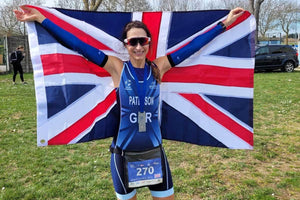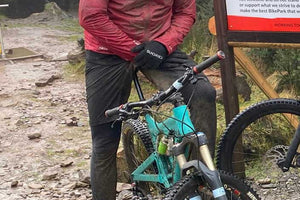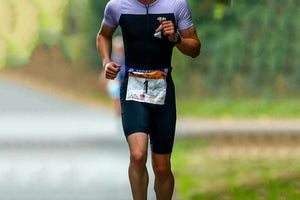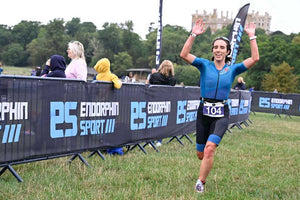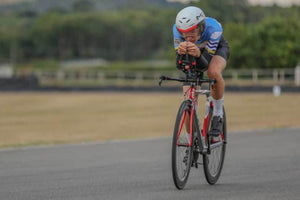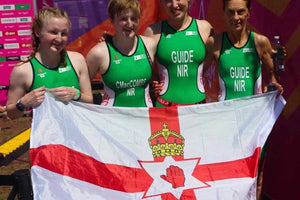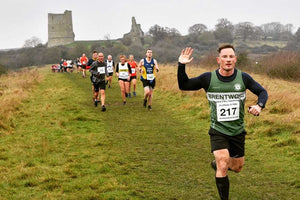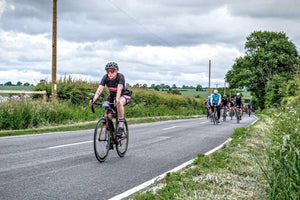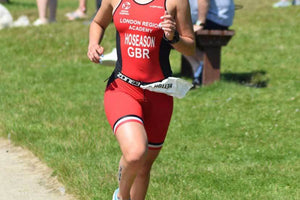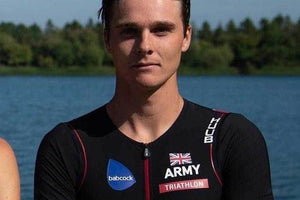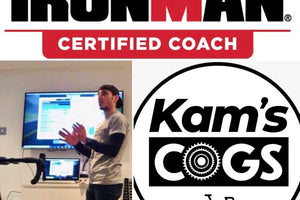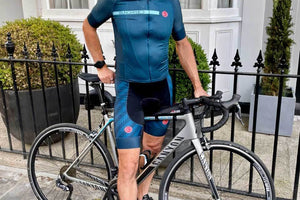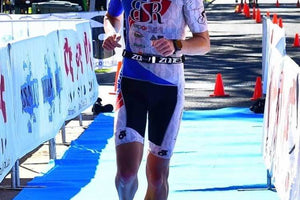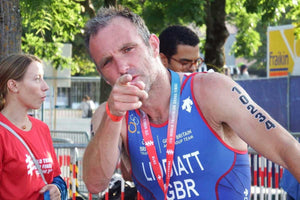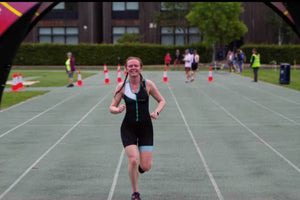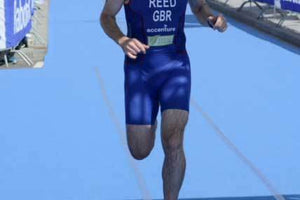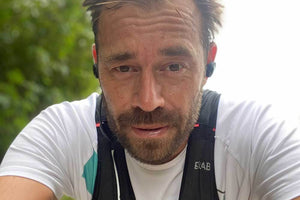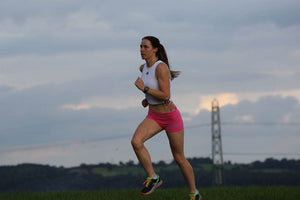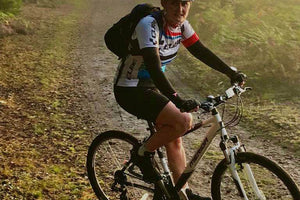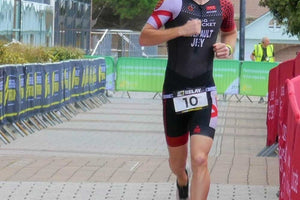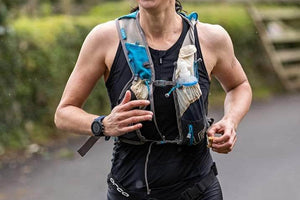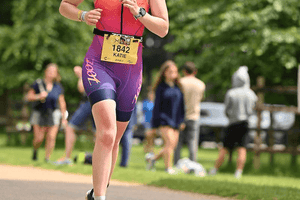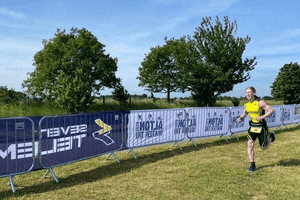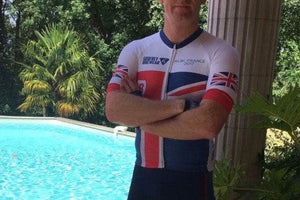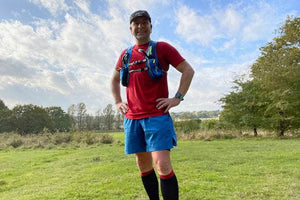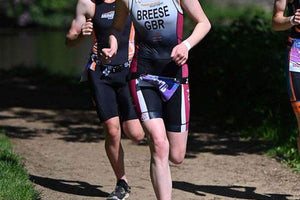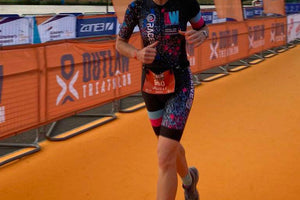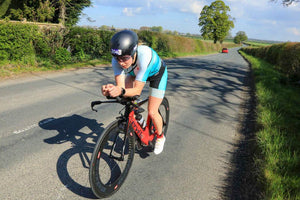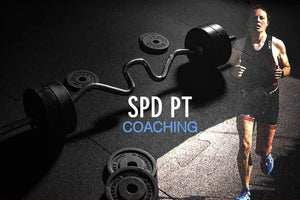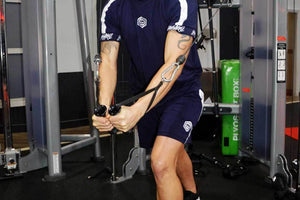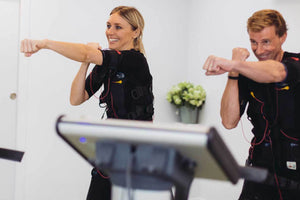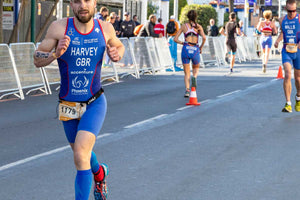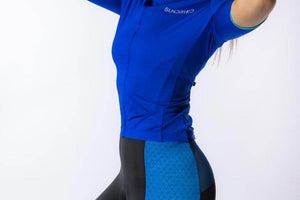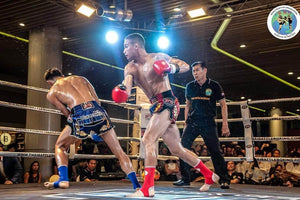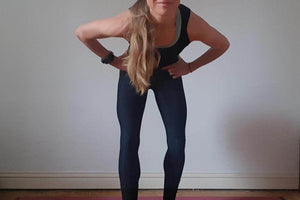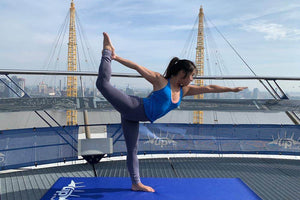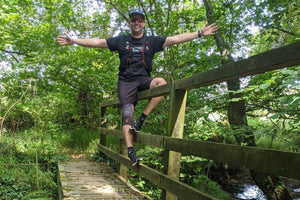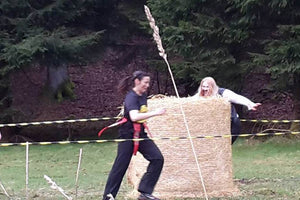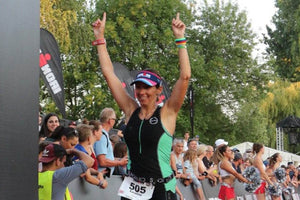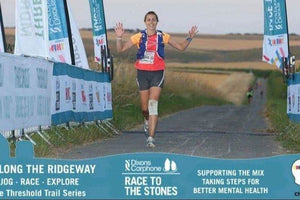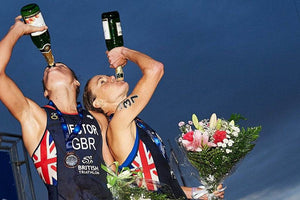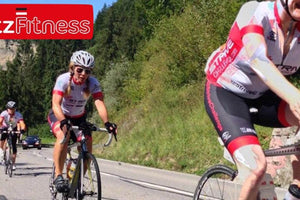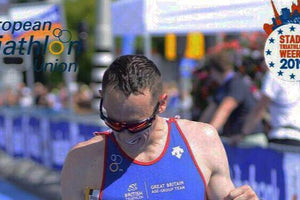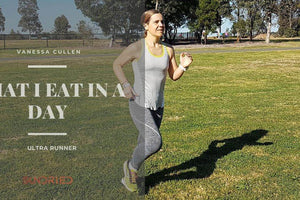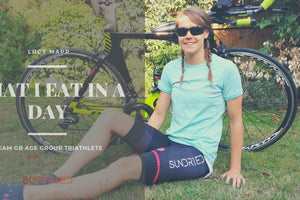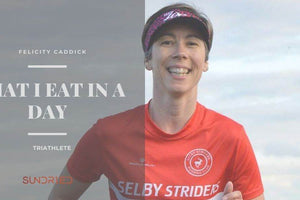
While social media can be good for connecting with others who have similar health issues and discussing training and racing, it can also have the downside of people seeing all our achievements but not seeing the effort, pain, and fatigue that goes into reaching these achievements.
We tend not to publish the blood, sweat, and tears that go into training with health issues. I am definitely guilty of this; I don't post photos of me getting out of bed in the morning trying to take my first steps of the day. I don't post the photo of me trying to walk to the train and up and down the steps. Why? I suppose these are not the photos or videos that people want to see, they just want the motivation and the curated 'perfect life'.
I was recently looking at someone's Instagram post and she made the comment that she did suffer pain and discomfort relating to her arthritis but you would never know as her posts are all of her lifting weights and being in the gym daily and she is energetic and always smiling.
Is this the image we want to portray to followers and people who we try to inspire?
I am acutely aware that arthritis is highly personal and I might be able to do things that other arthritis sufferers can only dream of doing. I totally understand that people will look at my photos and think, well he only has rheumatoid arthritis in his little finger or something like that, because if he had "real" arthritis he would not be able to move most of the time, he certainly would not be smiling as he would be exhausted with the fatigue that also goes with this disease.
I wanted to just call this out a little and try to explain to people that I do have my own level of arthritis and coupled with my hemochromatosis I suffer quite a bit.
A normal day for an arthritis sufferer
I am in a degree of pain 24 hours a day, some days are worse than others. What I call a 'good day' would be a 4 to 5 on a normal person's pain scale, my bad days would be from 8 to 10. I take medication for my blood clots and gout (it's a trial for my hands actually).
I try not to take painkillers but if I have to I will, I have arcoxia or Ixiprim (tramadol) but only on really bad days will I take them as I don't want to wreck my stomach too.
The first few steps into the bathroom each morning are very painful, my ankles are stiff from my night’s sleep and they don't like me putting my weight on them. A lot of times I don't get a good night's sleep, I tend to toss and turn or my ankles hurt so most times I wake up tired which is not the best way to start the day, also as the week goes on it gets harder to get up.
I then get dressed; most of the time my lower back is sore too so things like putting my socks and shoes on is painful too. I manage to get down the stairs with but my ankles are still very sore. I then start walking about, the walk to my car is sometimes sore, I tend to limp more than walk.
I then walk from the car park to the train, again limping, especially coming down the steps, and limp to the train. Most mornings I have my training kit either on me or in my bag. Anyone looking would absolutely not believe me if I was to tell them I was getting off the train to go to the gym or the pool.
I sometimes loosen up a little before I get off the train but mostly I am limping into the pool, a lot of times I am trying to gauge my energy levels for the session I am about to do. Can I manage this? Am I actually awake? I don't know most times. I get changed and hop into the pool or head up to the gym.
I can't do a pool session without knowing in my head what I am going to do. I start and I just get on with it and I think this is where we (and I mean, the people with these diseases not just me) differ to others. We just get on with it, we generally have a goal that we want to achieve and understand that to achieve it we need to do this. It’s not an option; we need to train to achieve our goals.
I also think that we know that shortly after starting whatever exercise or session we are doing, we will start to feel better with less pain and more "normal". By the end of the sessions we feel good, tired but good.
This is what exercise brings to people who suffer with these diseases but unless you go through that pain yourself you won't know. Generally, this feeling remains most of the day, this is one reason I like training in the morning. I have done sessions in the evening after a day in the office and can really note the difference in my energy levels; it is so hard to train in the evenings as I am naturally tired after the day.
Some mornings, I know I just don't have the energy and if I were to do my planned training session, I would be risking further issues such as triggering a flare up of my arthritis and actually pushing back my progress. So I make the decision to skip training or I will go to the steam room and sauna to relax.
I have to be careful to avoid the constant draining of my energy but balance this with doing the right training for whatever I have to train for. I find this really hard and to be honest I am yet to crack this one. It's a constant that I need to stay on top of.
I don't have a coach or a trainer for this specific reason, I would really like to find one who can help me improve my swimming, cycling and running but don't want to keep telling them I can't do the session.
So, while social media provides the platform to publish all these great and inspiring images of people with arthritis and other autoimmune diseases, the actual real effort it takes to even post these pictures goes unnoticed. In reality, it's even harder for people like me to get fit, train and to then try competing with able-bodied athletes, hold down a job, have a family etc.
So to those people out there doing amazing things, I salute you and keep doing what you do and know there are people out there for whom you inspire every day.
I have goals for next year, but I will share them at a later date when I fully commit and sign up to.
About the author: Ken Byrne is a Sundried athlete ambassador who suffers from rheumatoid arthritis as well as an autoimmune condition meaning he has too much iron in his blood. Against all odds, Ken has managed to complete several impressive sporting events.





